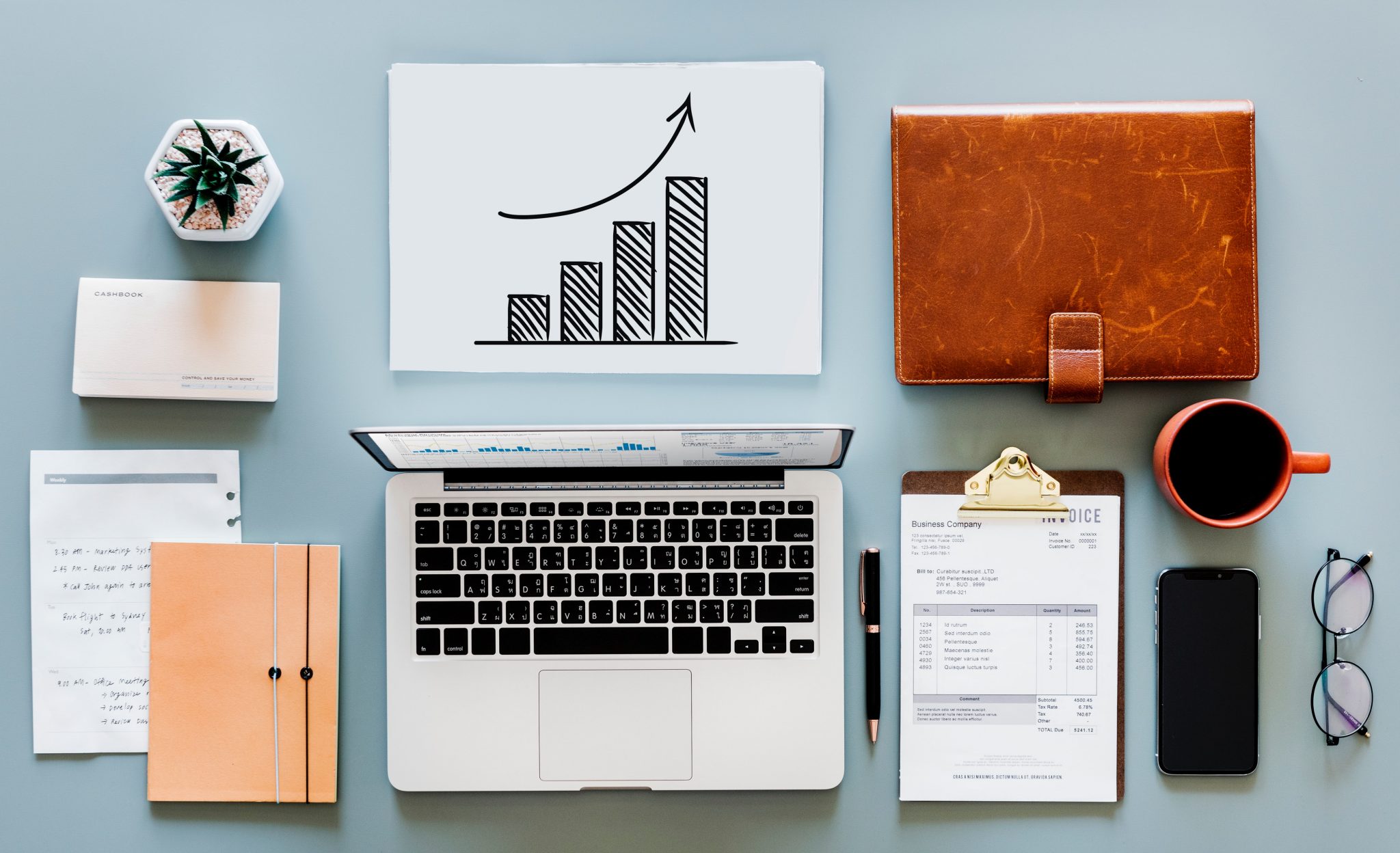Whether Diebstal in the supermarket or fall in the living room researchers from Saxony want to bring sensors on the market. The new insights enable and identify problems independently.
A future alternative for department store detectives and security personnel
The Chemnitz startup 3dvisionlabs is developing sensors that will help to monitor rooms automatically in the future. To bring a prototype to market maturity by the summer, the young company secures a high six-figure sum from the EU-funded technology startup fund Saxony. The three founders Lars Meinel, Michel Findeisen and Markus Heß want to use the fresh capital to build up a team of ten people by the end of the year, as Managing Director Meinel explains in an interview with WirtschaftsWoche founder. He does not name the exact investment amount.
A bank in Karlsruhe and a supermarket in Berlin are already experimenting with the sensors of the startup. Like a small projector with three lenses look like the devices that can be monitored about the entrance area of a supermarket. In Berlin, the company, founded in 2017, is currently testing how well the content of shopping carts can be checked with its devices. Thanks to the three built-in cameras, the young company advertises that it only needs to use one single sensor per room and thus be able to develop more cost-effective solutions overall.
Use first in research
According to Managing Director Meinel, research institutes, universities and retailers have been showing interest in data analysis. In the future, it would be conceivable to enable even complex applications such as point of sale shopping in the supermarket. The cameras record which products a customer takes off the shelf and automatically bill them using an online payment system. In this area, the online shipping giant Amazon is making a strong showing. The researchers from Saxony want to make at least a contribution to future solutions with their technology. “Perspectively, our goal in the retail sector is to be able to cover entire businesses at low cost,” says founder Lars Meinel to WirtschaftsWoche founder.
Inside the device, software evaluates captured data such as coordinates and 3D images. Using the example of fall detection used by scientists at the university in Chemnitz, this works like this. A self-learning algorithm is first trained to recognize a person in the room, then he follows his posture using the positions of body parts and the silhouette. If he wants to detect a fall, the program will send an alarm signal via SMS or smartphone app. Technically, this application is already feasible, the company founder. However, the company is still waiting for certification in order to be able to launch the solution on the market.
High demands on data protection
The possible fields of application, for example, at home in the living room are far-reaching for privacy. For this reason, 3dvisionlabs dispenses with the protection of data on a cloud solution and only processes the data locally on the individual device. That means: At least the raw picture data does not get into the net. On the other hand, this also means higher prices for the hardware, because the device requires more computing power, says the CEO.
The long development period for the product has deterred many investors in the run up to the seed round of financing, according to Meinel. Support for the founders has so far been provided by the Exist Scholarship of the Federal Ministry of Economics. With the additional financial boost from the TGFS, the startup will be able to make ends meet for two to three years, according to Managing Director Meinel.
Competitors, for example, have settled in Vienna. To further develop a contactless fall sensor, the startup Cogvis received 700,000 euros from investors a year ago. The goal is to establish itself on the care market. Also from Vienna Anyline is working on a software that will help companies with the image recognition by analyzing video streams. Only in January flowed for two million euros to the young company. With the help of retrofit cameras Oculyze turns conventional smartphones into microscopes and provides analysis software. The startup based in Wildau near Berlin was able to secure a seven-digit financing.

